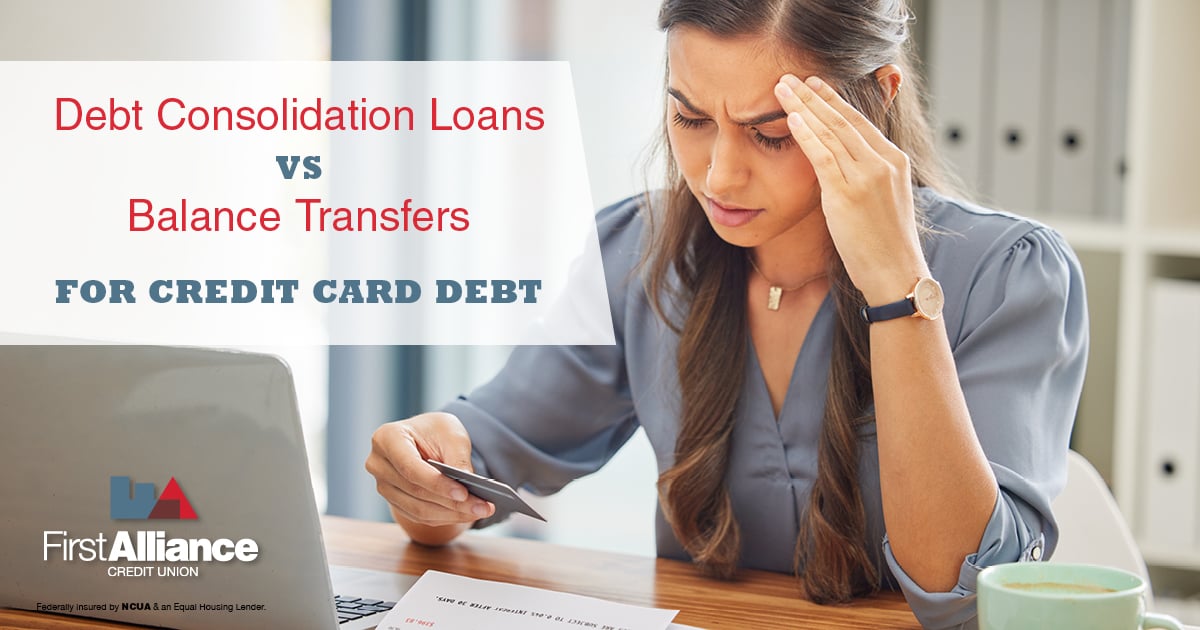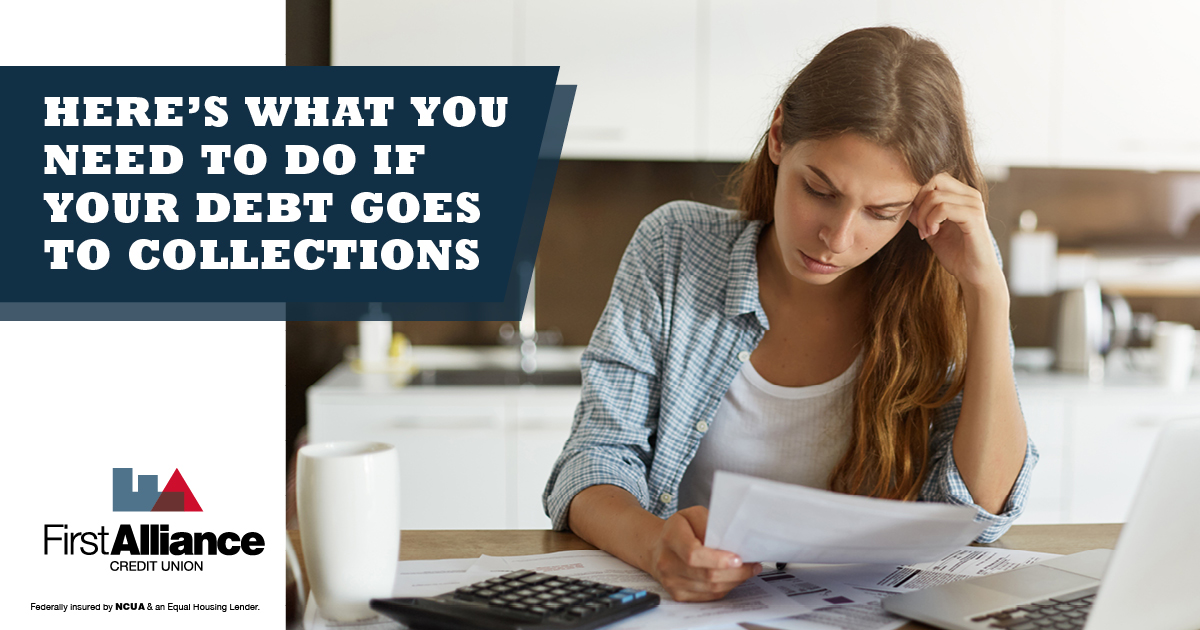4 Ways to Get More Green on St. Patrick’s Day
It’s no secret that everyone gets more green in their lives on St. Patrick’s Day. People wear green clothes, drink green beer and decorate with green...
5 min read
 Kamel LoveJoy
:
Mar 13, 2025 5:00:00 AM
Kamel LoveJoy
:
Mar 13, 2025 5:00:00 AM

If you’re a financial newbie, a tax refund can feel like a pot of gold at the end of a rainbow—especially if you’re new to managing money. Whether you’re saving up for your first apartment, building credit, or putting away a little extra “just in case,” that tax refund can be a powerful tool.
But how do you make sure you’re using it wisely, avoiding scams, and setting yourself up for success? Let’s walk through some fun, practical tips to help you manage your “green” this St. Patrick’s Day, so you can keep chasing rainbows and finding your pot of gold (without getting tricked by sneaky leprechauns).

How can I best use my tax refund to kickstart my financial journey without getting scammed?
Imagine you’re Liam, a 20-year-old who just got a $2,000 tax refund. He’s excited to use it to find a decent first apartment. But with that excitement comes worry: “What if I end up paying way too much in fees? What if I get scammed by shady lenders?”
Go Slow and Research: If a deal sounds too good to be true, it might be. Look for reviews, ask friends or family, or consult with a trusted financial institution (like a credit union).
Check for Red Flags: Watch out for anyone asking you to pay money upfront for “guaranteed” loans or large returns on investments.
Consult an Expert: Many credit unions, including First Alliance, have financial advisors who can answer your questions—free of judgment.

Should I prioritize building an emergency fund or investing my refund for long-term growth?
Think of your tax refund as seeds you can plant. Some seeds grow quickly, helping you handle emergencies like a sudden car repair, while others take longer to bear fruit—like long-term investments. Below are a two ways to strike a balance:
Emergency Funds: Many experts suggest having three to six months of basic living expenses saved. Even if you’re living with parents or roommates, stashing money for surprises helps you avoid credit card debt or high-interest loans later.
Invest What’s Left: Once you have a comfortable buffer, consider placing any leftover refund into high-yield savings or retirement accounts. Those small contributions can eventually bloom into something bigger.

What are safe ways to use my refund to improve my credit score?
If you have a secure credit card or a beginner credit card, you’ve already taken the first step toward building credit. Your refund can help you strengthen that foundation:
Reduce Balances: Paying down existing credit card debt lowers your credit utilization ratio, a key factor in boosting your score.
Spread Out Payments: If you must carry a balance, keep it under 30% of your credit limit. The lower, the better!
Avoid Late Payments: Use part of your refund to set up automatic payments on time every month.
How do I create a realistic budget that balances spending and saving?
A budget that works for you and doesn't feel too restrictive can make or break your success. Consider these pointers:
List Fixed Expenses: Rent, utilities, car payment.
Set Aside Fun Money: Give yourself a little room to enjoy life—no one wants to feel trapped!
Use Refund Budgeting Tips: If you get a $3,200 refund, decide how much goes to debt, savings, and a personal treat. For example, 50% to savings/debt, 30% to necessities, and 20% for fun.
Can my tax refund help me with a down payment on my first car or apartment, and how should I go about it?
Absolutely. Say you’ve got your eye on a $1,000 security deposit for your dream apartment. Use your refund to cover that deposit, and set aside a little extra for movers or rental insurance. If you’re looking at a car, a bigger down payment can often reduce monthly payments and the total interest you’ll pay.
Is it wise to pay off debt with my refund, or should I allocate it toward future investments?
Sometimes people wonder whether debt or investment should come first. Here's a helpful way to think about it:
High-Interest Debt First: Paying off credit cards or loans charging 15–20% in interest generally nets a better “return” than investing.
Then Invest: After knocking out or trimming high-interest debt, think about investing your tax refund in a Roth IRA, Traditional IRA, or other accounts. Even small amounts add up over time.
How does understanding credit utilization impact the way I should use my refund money?
Credit utilization is how much of your available credit you’re using. If you have a $1,000 limit and you owe $500, you’re at 50% utilization. That might lower your credit score. Using your refund to reduce this ratio (ideally under 30%) can quickly give your credit a positive boost.
What types of loans or financing options are best suited for financial newbies, and when should I consider them?
If you're unsure how to fund big expenses or handle existing debt, here are a few started options:
Secured Credit Cards: Great for those starting out or rebuilding credit.
Auto Loans from Reputable Lenders: When you’re ready for a car and have steady income, shopping around at credit unions often yields lower rates.
Personal Loans: Could help consolidate debt or cover unexpected emergencies at a lower interest rate—just watch out for any fees or high rates.
Credit unions like First Alliance are known for competitive rates and a welcoming approach—no one’s trying to upsell you on products you don’t need.
Are there any seasonal or St. Patrick’s Day financial deals that can help me maximize my tax refund?
Many retailers run “spring sales” around March, so it’s a good time to snag discounts if you need a laptop, car tires, or even furniture. Just don’t let flashy deals tempt you into overspending. If you plan wisely, though, you can stretch your tax refund further.
Did you know the modern-day credit union movement has Irish roots that date back to the 1950s? Ireland’s first credit union—Donore Credit Union—launched in 1958, pioneered by visionaries like Nora Herlihy, Seán Forde, and Séamus P. MacEoin. Their goal was to help everyday people regain control over their finances, promote saving habits (thrift), and offer fair access to credit. This sense of community and collective support skyrocketed in popularity. By 2018, Irish League of Credit Unions affiliates alone held €13.4 billion in savings!
This mirrors the worldwide spread of credit unions, which actually started in Germany, influenced by Friedrich Wilhelm Raiffeisen. Even in Northern Ireland, John Hume emerged as a major force in building credit union networks. Throughout it all, the heartbeat of the credit union movement has been empowering people to achieve stability and prosperity together—something we at First Alliance Credit Union proudly embrace.

At First Alliance Credit Union, we carry on that Irish-inspired spirit of financial empowerment. Our Mission is simple: “We show up. We listen to your story. We provide possibilities.” That means no judgment, only understanding. Our Vision is “a financial oasis where everyone has access to the opportunities they deserve,” which fuels our drive to offer you fair, transparent services—loans, credit guidance, and more—so you can follow your dreams. And we stand by Our Values of Passion, Persistence, and Presence, aiming to be right there beside you every step of the way.
Whether you’re opening your first savings account, exploring auto loan options, or just need to chat about budgeting, we’ll be here. Like Nora Herlihy and her co-founders in Ireland, we believe that access to financial knowledge should be for everyone—especially if you’re nervous about getting started.
Your tax refund doesn’t have to vanish like gold at the end of a rainbow. With a little planning and the right support, you can:
Protect yourself from scams by doing research.
Build an emergency fund and invest for the future.
Pay down high-interest debt while improving your credit score.
Use your refund for a down payment on a car or apartment, setting you on the path to independence.
Take advantage of seasonal deals and remember to keep budgeting fun.
Remember, money management is a journey—one you don’t have to take alone. If you have questions about how to use your tax refund or want more personal advice, our team at First Alliance Credit Union is here to help. After all, a little luck (and guidance) goes a long way!

It’s no secret that everyone gets more green in their lives on St. Patrick’s Day. People wear green clothes, drink green beer and decorate with green...

Whether you’re drowning in credit card debt or just looking to streamline your payments, there are countless options to choose from when it comes to...

Getting a notice that your credit card debt has been sent to collections is terrifying. In fact, many people are so scared that they decide to ignore...